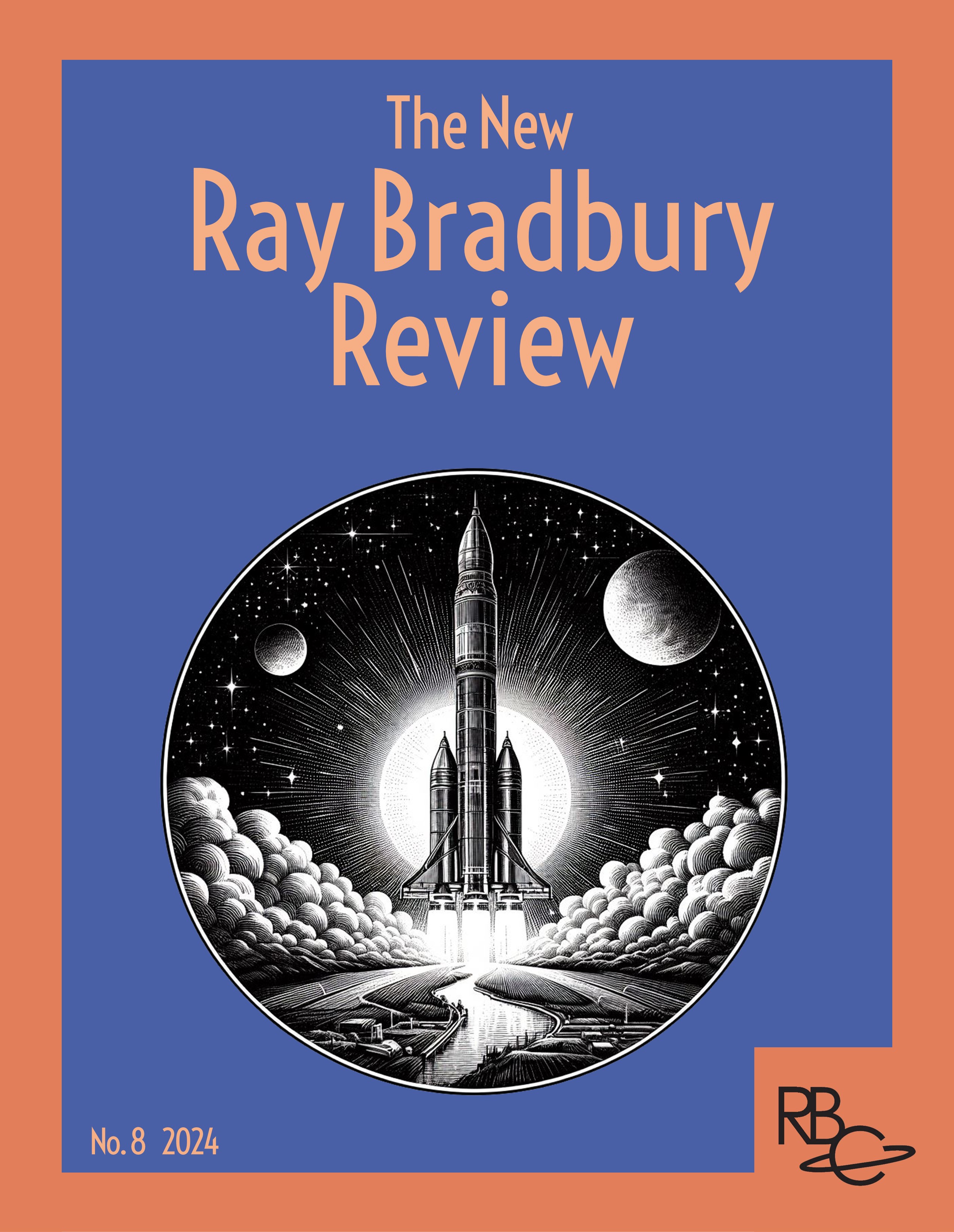Blind Henry and the African American Experience in Ray Bradbury’s Detective Trilogy
Death is a Lonely Business, A Graveyard for Lunatics, and Let’s All Kill Constance
DOI:
https://doi.org/10.18060/28536Keywords:
African American culture, race, Death is a Lonely Business, crime fictionAbstract
Throughout his long career, Ray Bradbury attempted to incorporate important aspects of African American culture into his fictional world. While living in a multiethnic Los Angeles community early in his career as a short story writer, Bradbury explored issues of race in “The Big Black and White Game,” first published in 1945 and later included in his 1953 collection The Golden Apples of the Sun. Written two years before Jackie Robinson broke the color barrier in major-league baseball, the tale is a realistic account of racial prejudice surrounding a baseball game between the white guests and the black servants at a Wisconsin Hotel.
Four decades later, the complicated position of African American culture within Bradbury’s canon is redefined in 1985’s Death is a Lonely Business, in which Henry, the blind African American friend of the narrator, plays a crucial role in capturing the killer. Henry later returns to help his friend solve crimes in A Graveyard for Lunatics (1990) and Let’s All Kill Constance (2003). This crime trilogy incorporates the African American experience into the carnivalesque world created by Bradbury, so that across nearly sixty years—from “The Big Black and White Game” to Let’s All Kill Constance—Bradbury’s images of blackness play a significant role in his literary response to Mr. Electrico’s challenge to “live forever.”
Downloads
Published
How to Cite
Issue
Section
License
Copyright (c) 2024 Paul Donatich

This work is licensed under a Creative Commons Attribution-NonCommercial 4.0 International License.
The New Ray Bradbury Review is published under an Attribution-NonCommercial 4.0 International (CC BY-NC 4.0) Creative Commons License. All content is freely available without charge. Readers are permitted to read, download, copy, distribute, print, search, or link to the full texts of the articles, or use them for any other lawful purpose, without asking prior permission from the publisher or the author(s).


